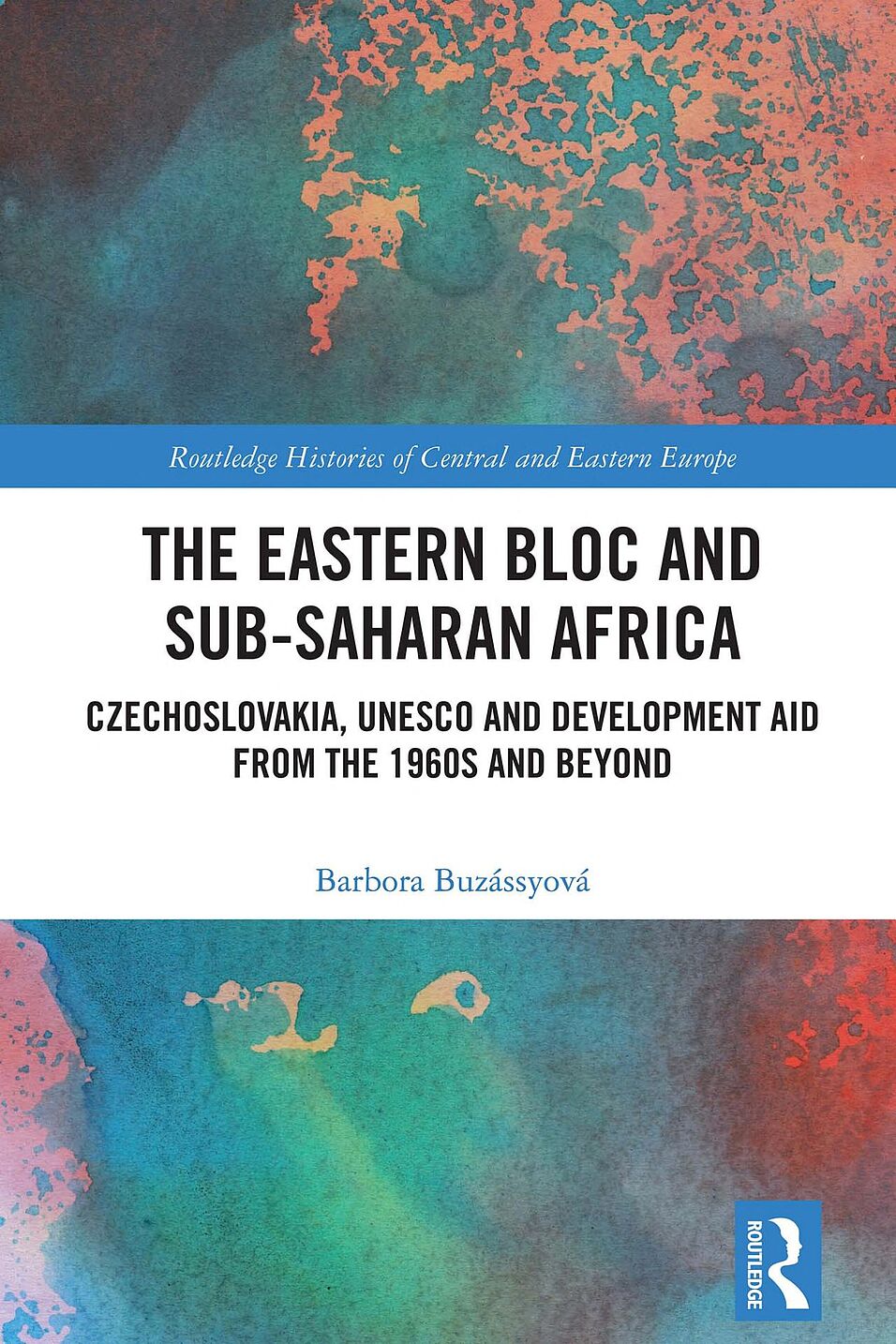Montag, 4. November 2024, 17:30
Institut für Zeitgeschichte, Seminarraum 1
Spitalgasse 2-4/Hof 1, 1090 Wien
Barbora Buzássyová (Slovak Academy of Sciences)
Moderated by: Anna-Marie Kroupová (University of Vienna)
The book analyses the shifting patterns of Czechoslovak educational aid programmes for sub-Saharan African countries within the broader framework of the global debates on the nature of development aid in education discussed on the UNESCO grounds during the three “development decades.” From the set of practices which qualify as development aid the author focuses on expert service which represented a prioritized form of aid in socialist Czechoslovakia. In the four chapters the book demonstrates that over the course of time the development aid to African countries became a special form of foreign trade, and distribution of experts provided the Czechoslovak government the means to obtain extra hard currency resources. However, the tendencies towards “sustainability” and “higher return on investment” in the field of development aid were not limited just to socialist bloc but emerged globally.
The author thus revisits several traditional assumptions about the role of Eastern European states in the global Cold War. Firstly, Czechoslovakia was one of the leading socialist actors in Africa, and even though arms exports remained its dominant activity on the continent, the expertise of Czechoslovak experts to large extent contributed to the refinement and improvement of development projects launched by UNESCO. Secondly, although the development aid was publicly led by the lofty phrases of internationalist solidarity, in practice it was shaped by Czechoslovak economic interests, and gradually transformed into a special category of foreign trade. Thirdly, development aid represented a sector where the communist confines were not so tightly fastened – experts sent to Africa enjoyed a number of privileges, unreachable for them at home. And finally, despite being traditionally viewed as a rigid and inflexible bureaucratic regime, in the last decades the Czechoslovak state socialism showed surprising scope of adaptability towards the new global challenges that emerged in the early 1970s. The book targets at historians dealing with the global Cold War in general, and specifically with development, international organizations, economic history and transfers of knowledge in transnational networks.
Barbora Buzássyová is a researcher at the Institute of History of Slovak Academy of Sciences who focuses on Cold War History and Czechoslovak - Global South relations. She participates in a number of projects including the Technocratic Environmentalism during the Cold War : Czechoslovak Experts in UN Economic Commission for Europe sponsored by the Czech Science Foundation. She is the author of “Side by side with the Fighting Nations”: making the New Culture of Pro-African Solidarity in the Campaigns of the Czechoslovak Committee for Solidarity with African and Asian Peoples published in International Review of Social History (2024).

